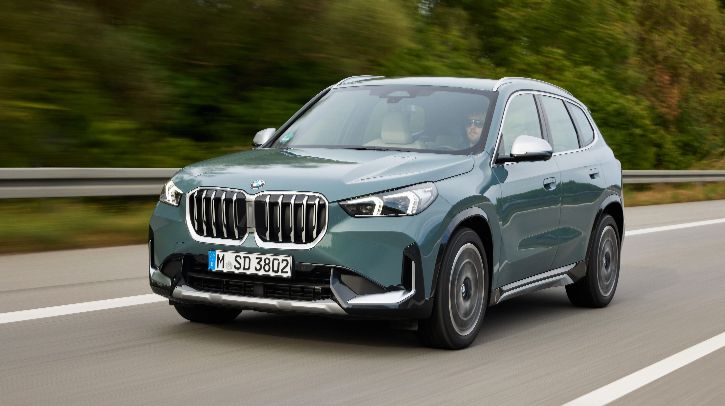With over 250 million vehicles currently on Europe’s roads, increasing the share of renewable fuels in fleets offers a major opportunity to reduce CO2 emissions. This week, BMW Group demonstrated a technical solution to prove that all BMW diesels can be fueled exclusively with HVO100. (HVO is hydrotreated vegetable oil, and the 100 suffix indicates that it is 100% pure.)
Martin Kaufmann, head of powertrain development at BMW, said, “Our goal is always to have more environmentally friendly and efficient vehicles on the road. With the diesel replacement fuel HVO100, we have an opportunity to reduce the CO2 footprint of vehicle fleets. Especially in the area of fuels that are not based on fossil fuels, we see potential that we are ready to realize.”
Bernhard Kuhnt, head of sales region Europe at BMW, added, “Fleet customers are extremely important for sales in Europe, and at the same time diesel remains a very good powertrain technology for many fleets. The use of HVO100 offers a way to quickly reduce CO2 emissions that takes into account individual use cases – whether driving long distances or towing a trailer – and can thus help our fleet customers reduce their CO2 footprint.”
Initial contractual agreements with the operators of large BMW diesel fleets in Germany and Italy are imminent, the company has said. These test fleets, together with the internal BMW Group fleet that has already been launched, will provide important data and findings to improve the technical solution.
Since January 2025, all BMW diesel models produced in Germany have been filled with HVO100 before delivery to dealers. Neste MY Renewable Diesel HVO100 is used at the BMW Group plants in Munich, Dingolfing, Regensburg and Leipzig.
The fuel from Finnish manufacturer Neste enables a CO2e reduction of up to 90% well to wheel, compared with fossil diesel. The initial filling at the plants before delivery to BMW Group dealers is five to eight liters, depending on the model.
Regulatory framework conditions must catch up
To accelerate the uptake of renewable fuels across the market, BMW is calling for the Renewable Energy Directive (RED III) – including national quotas that require at least a 30% reduction in greenhouse gas emissions from fuels – to be transposed into national law by 2025.
Dr Thomas Becker, head of policy, external relations and sustainability at BMW, stated, “The BMW Group demands that every measure to reduce CO2 emissions is taken into account at every stage of a vehicle’s lifecycle. This also includes the use of renewable fuels – especially for vehicles that primarily run on CO2-neutral fuel (CNF). These must be formally recognized in EU fleet legislation. The fuels are available; what we need now is a pragmatic and quickly implementable regulation that enables companies to develop innovations and make them marketable.”
gulation that enables companies to develop innovations and make them marketable.”
In related news, BASF’s latest gasoline performance additive series certified against new US standard


